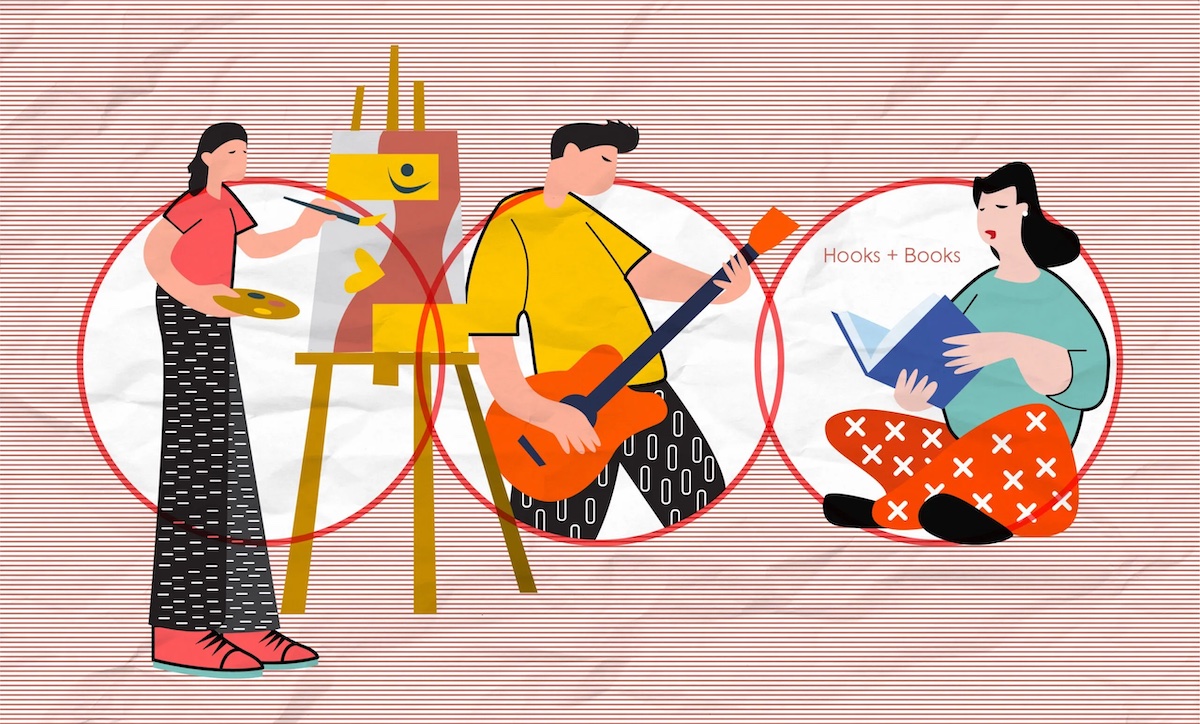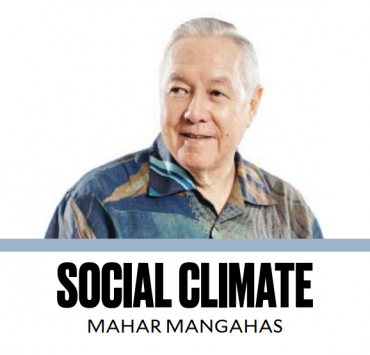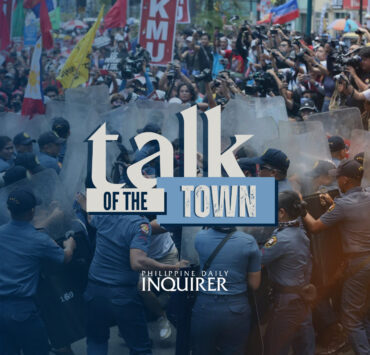Money talks

While the less fortunate are forced to break bones just to afford a whisper, the rich never have any difficulty with being heard.
They talk loud and go even louder; their voices raise higher with each notch until they’re the loudest in the room. A rusted cent on top of a dirty hand from days’ worth of toiling surely has no chance of being heard in a room full of moneybags. Not even when it falls and clinks against a marbled floor.
This narrative is not unfamiliar because the media has long portrayed such conditions in various forms, whether from drama or in real life. For instance, there could be a grieving widow who lost her husband to a grave illness. But the truth is, he could’ve been saved. If only another patient connected to a rich magnate also didn’t need an organ transplant. If only that magnate didn’t have the upper hand because he donated to the hospital. In dramas, it’s almost always the child of the rich donor if not himself who is given priority. In reality, even the most distant relative, a friend of a friend, an acquaintance, and basically anybody who can pull the strings right can benefit from this one act of generosity of the donor.
Those who have no connections and therefore no prioritization privilege are left to compromise, beg, and then later deal with unfortunate losses. It could be the widow in this narrative first. Next, it could be a father settling with selling his crops at a slashed price, somebody’s son or daughter losing their confirmed slot in a state university to the admin’s relative, or local market vendors trapped by unfair commercialization policies. The scenarios could extend on and on. Victims can rightfully cry foul but the chimes of gold easily overpower this, the sympathy–if ever there is one–and most importantly, the authority to possibly correct the wrong done.
On the other side of the coin, there’s the long list of the privileged lot and, well, their privileges. People often tend to argue that it is not the fault of the wealthy if they are living a comfortable life–which certainly can be agreed upon. This argument, however, is also often misplaced as a defense in discourses calling out those who have money for using such at the detriment of others.
Access to high-quality health care, because one can afford it, is not a crime; being on a priority list–not because of urgency or necessity–instead of the proper waiting list system is already an injustice cloaked in small favors. This kind of act and the people enjoying it along with their selectively deaf puppets are not just in health care, unfortunately, but everywhere.
Some of them drive luxurious cars only to later hand out crisp bills to men in uniform after a “small” road accident. The bills sometimes turn into bundles when a life is taken from that incident. In other instances, “gifts” are in larger sums if the givers consider these as investments. Small landowners losing their property, tenants unjustly displaced, farmers barely earning, and regular government employees losing their promotions and eventually their positions are just a few of the silent results of money talking. The rich get richer and those who are supposed to hear the cries of their victims are busy tailing behind their golden carriages, even pushing those at their own will.
Money does talk and all it leaves behind is a trail of oppression and grief. It does not falter to cries of justice for in the wrong hands, it has no conscience nor mercy, only loud abusive power. For the longest time, that’s just how it has always been—a social sickness that persisted probably because the rich never had the guilt of letting money do the talking. Then some people are willing to hear and obey it for all sorts of reasons—sometimes for selfish interests, but more often out of hopelessness, need, and desperation.
A few months from now, the roads will be filled once again with lively fanfare for politicians hoping to win the favor of the public. This year’s midterm elections are yet to prove whether people finally can see and hear through the sweet talk of money or be charmed by it like the past years. Money can go as far as stealing voices, especially when granted the position to do so.
Hopefully, the majority if not all can be wiser and hear beyond the promises backed by the clinking of coins and shuffling of paper bills. It’s not an absolute cure but certainly a big step in turning things around. May the calls of the voiceless soon land on wise and able ears; may the voice of good be louder than that of money.
—————-
Rubbee Panganiban, 23, is a freshman at the University of the Philippines College of Law.

















